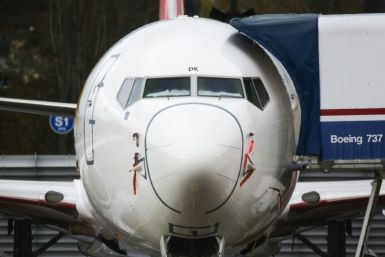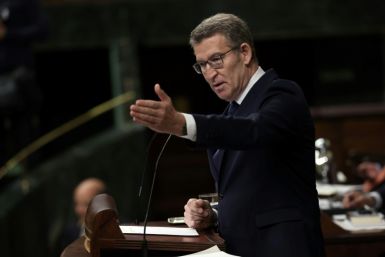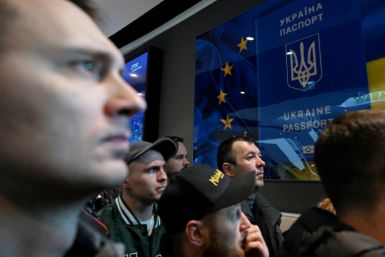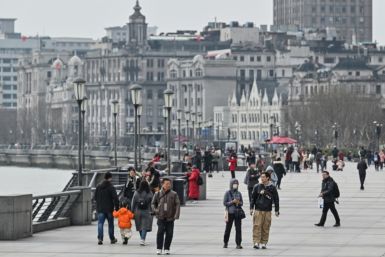Experts discuss impact of reducing prices on future investment in oil sector
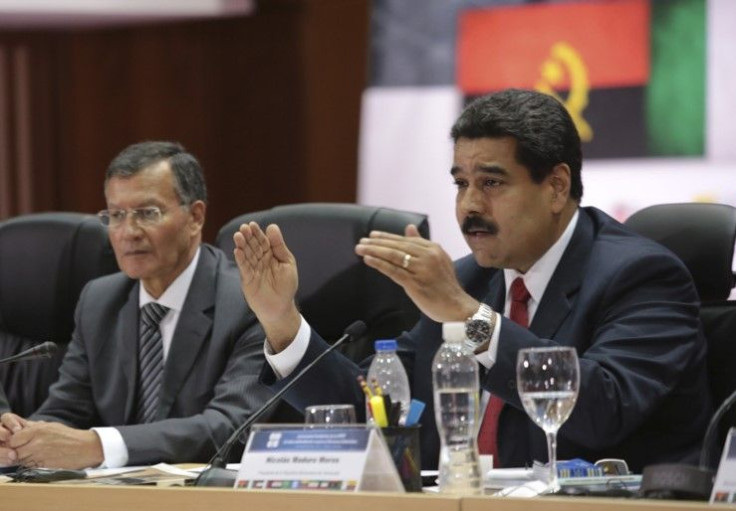
Members of the Organisation of the Petroleum Exporting Countries (OPEC), along with non-members, attended a meeting at its Vienna headquarters on Wednesday to discuss the impact reducing oil costs would have on investments in the oil sector.
Besides the 12 OPEC members -- Algeria, Ecuador, Iraq, Libya, Qatar, U.A.E., Angola, Iran, Nigeria, Kuwait, Venezuela and Saudi Arabia -- eight non-OPEC member nations, namely, Azerbaijan, Colombia, Norway, Russia, Brazil, Kazakhstan, Oman and Mexico, were also invited for the meeting for the discussion.
After the meeting, officials said that they discussed the risk associated with lowering oil prices, which would lead to declined investments so far as new supplies were concerned. They also said that there were no concrete actions to improve the oil sector’s future.
The meeting was a base for the upcoming meet of oil aces for discussing a proper OPEC policy-setting scheduled on Dec. 4 at OPEC’s Vienna headquarters. Venezuela’s Oil Minister Eulogio del Pino put forth the nation’s proposal and said that to establish an equilibrium in the market, crude oil costs should be fixed at around US$88 (AU$122.3) per barrel.
The present price per barrel is US$40 (AU$55.5), which is inadequate in maintaining equilibrium in the oil industry, the oil minister recapitulated what Venezuela’s President Nicolas Maduro said on Tuesday.
“We are concerned about the depletion of the reservoirs, the decline of the production and about the investment that is required,” the minister told reporters.
The head of the Russian international cooperation department, Ilya Galkin, indicated his concern, saying the investment was at a huge risk. “There is real risk for oil-producing countries of under-investing ... significant part of the meeting was dedicated to Venezuela’s proposals. We did not discuss production cuts,” Galkin was quoted by Reuters as saying.
Non-OPEC member nations denied working with OPEC countries in reducing oil supply to cut the surplus that has prompted oil costs to fall from US$115 (AU$159.7) in June 2014 to US$50 (AU$69.4) per barrel in October.
Contact the writer at feedback@ibtimes.com.au, or let us know what you think below.



